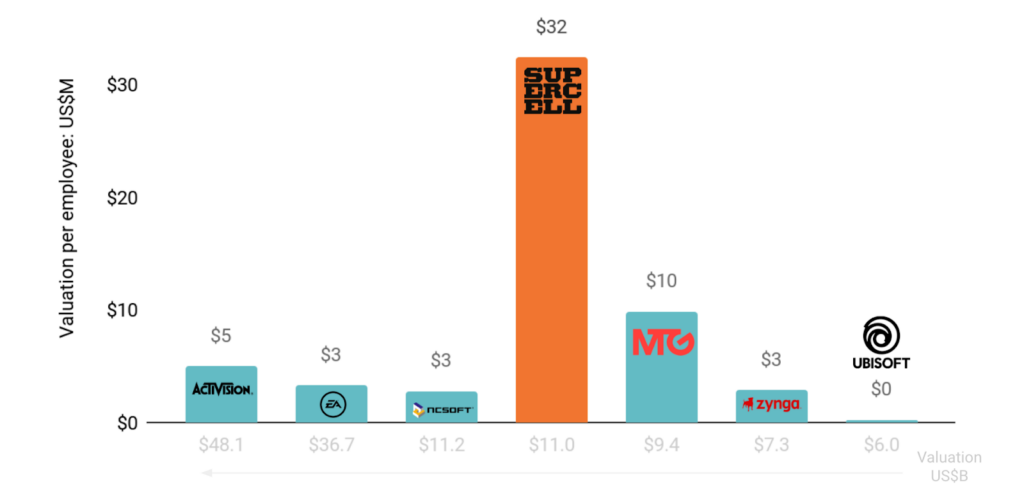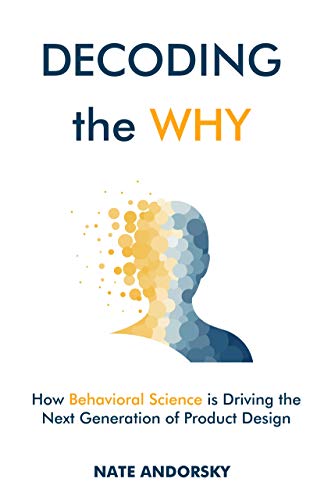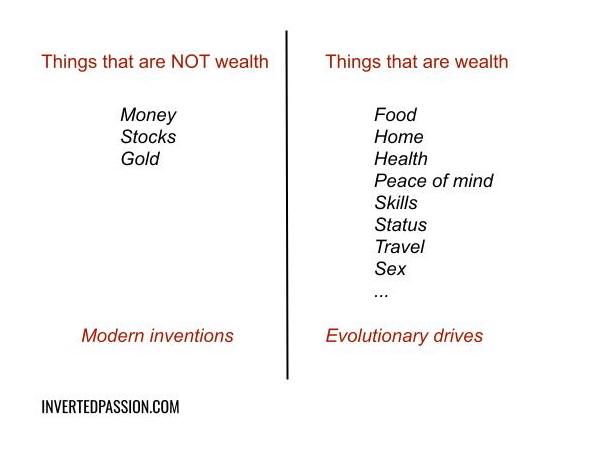I was studying Facebook ads system for Nintee, made some notes that you might find useful.
- Facebook ads work through auction: each ad opportunity has an auction, the winner of which is decided by total value, which is
So in this case, your ad will be shown to more people if
- You have a higher bid
- Or, more people are likely to take action that you care about
- Or, the quality of ad is high (not spammy etc)
- Bidding is mostly automatic by Facebook, and the way it does for maximizing results is that it starts with low bids but then gradually increases it ads don’t end up winning the auction (i.e. has lower total value)
- Interestingly, Facebook significantly cares about advertiser returns. They believe that if advertisers get returns, they will spend more. So, they don’t optimize for short term returns but ROI for advertisers.
- If the objective is to find the highest volume for a given total cost (let’s say Rs 1000)
- FB will start with low bids for both, and since more people are likely to click on the cake ad, its estimated action rate will go up and for the same bid, it will end up winning the auction
- The only way for the broccoli ad to win an action is to increase the bid
- So given a fixed budget Rs 1000, the cost per click of broccoli ad will be much higher than for cake (purely because more people are interested in cake v/s broccoli)
- Since Facebook always tries to give maximum value to advertiser and the most relevant ads to its users, you can imagine it as a matchmaking machine that minimizes the cost it takes for advertisers to reach a relevant audience
- So, a low cost per action from FB ads tells you clearly that a significant number of people are going to find it attractive
A good analogy to understand all this is to think about is a game: ...







